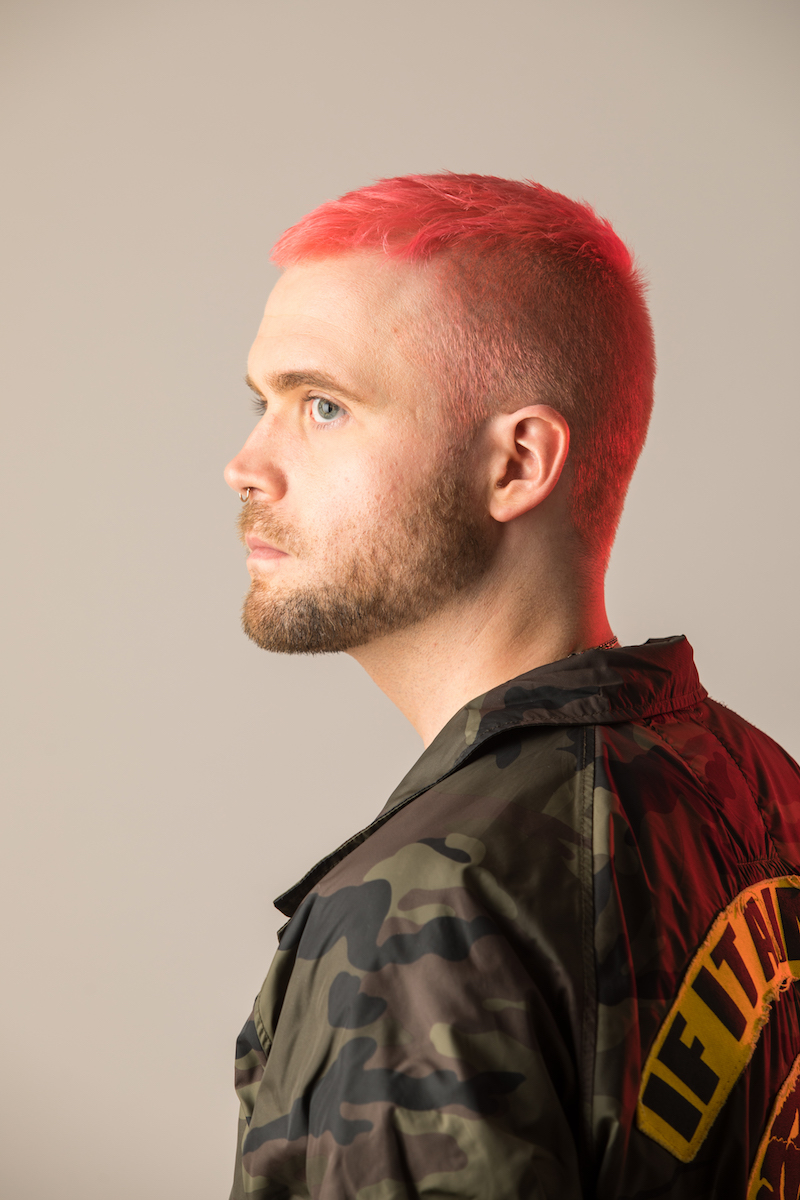Chris Wylie, the Canadian whistleblower at the center of the Cambridge Analytica-Facebook data scandal, knows that democracy is a fragile and vulnerable privilege that Western societies take for granted. After all, the 29-year-old is said to be responsible for creating targeted campaigns of disinformation, which convinced the United Kingdom to leave the European Union and helped propel Donald Trump to the presidency.
As a whistleblower, what Wylie has done is give Cambridge Analytica’s narrative its characters. At great personal risk, facing a ruinous lawsuit from a social media empire, pink-haired Wylie gave a faceless organization a public image that couldn’t be ignored. He introduced us to the architects of modern electioneering: Alexander Nix, Steve Bannon, and Aleksandr Kogan – all key leaders within the organization.
Most importantly, Wylie revealed to us that the most influential characters of this story, like Facebook’s Mark Zuckerberg, could be hiding in plain sight. After all, we might expect organizations that work at the margins of notoriety to deal in the shade, and if this story were simply about secret organizations doing secretive things, it might have garnered a collective shrug from the general public.
Just as Edward Snowden’s story truly began with Verizon, Wylie’s story resonated with millions of Facebook users because it forced us to re ect on a daily activity that’s become so normal it de es questioning.
For many Facebook users, the platform is their gateway to the internet – the front page of their day. It has access to a trove of information that could be used to exploit biases and manipulate democracies. Where the Arab Spring of 2011 revealed social media’s power to organize an uprising, Wylie has shown us its potential to sew a passive revolution.
In his interview with CNN’s Christiane Amanpour, Wylie explains how having a personalized version of the internet in the palm of your hand can not only affect a voter’s decisions at the ballot box, but their perception of reality.
“It used to be that if you were a candidate and you wanted your voice heard you would stand in a town square, ring your bell and people would gather and you would talk to them about your ideas,” he begins. “The fundamental fact of that scenario is that everyone is hearing exactly the same thing…and there is a common understanding of the reality of that situation.” He adds, “the difference here is that we are able to understand and get to know every single person in that town square. Understand how they tick, and then individually whisper something in each of their ears…fundamentally, you start to erode a common understanding…[of]…the reality of what this election is about.”
Wylie’s revelations have cast a light, not only on shadow companies, but on the influence of social media platforms in daily decision making. What’s become clear is that we are well past the days when tech giants like Facebook could simply be seen as private companies. In the age of big data electioneering, Facebook is the new town square.
Wylie’s decision to speak out was a personal struggle, which in his opinion, was crucial to the future of democracy.












